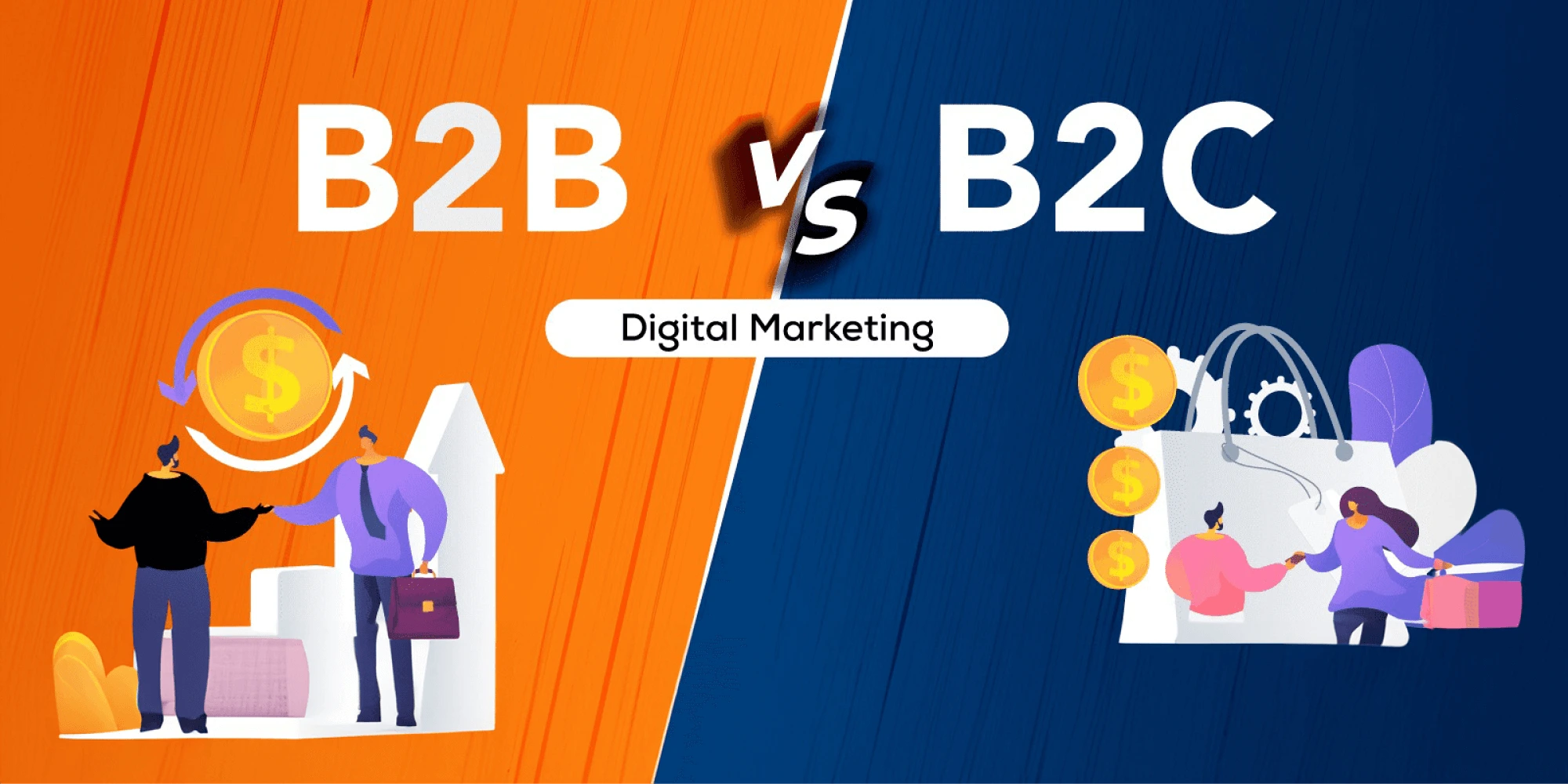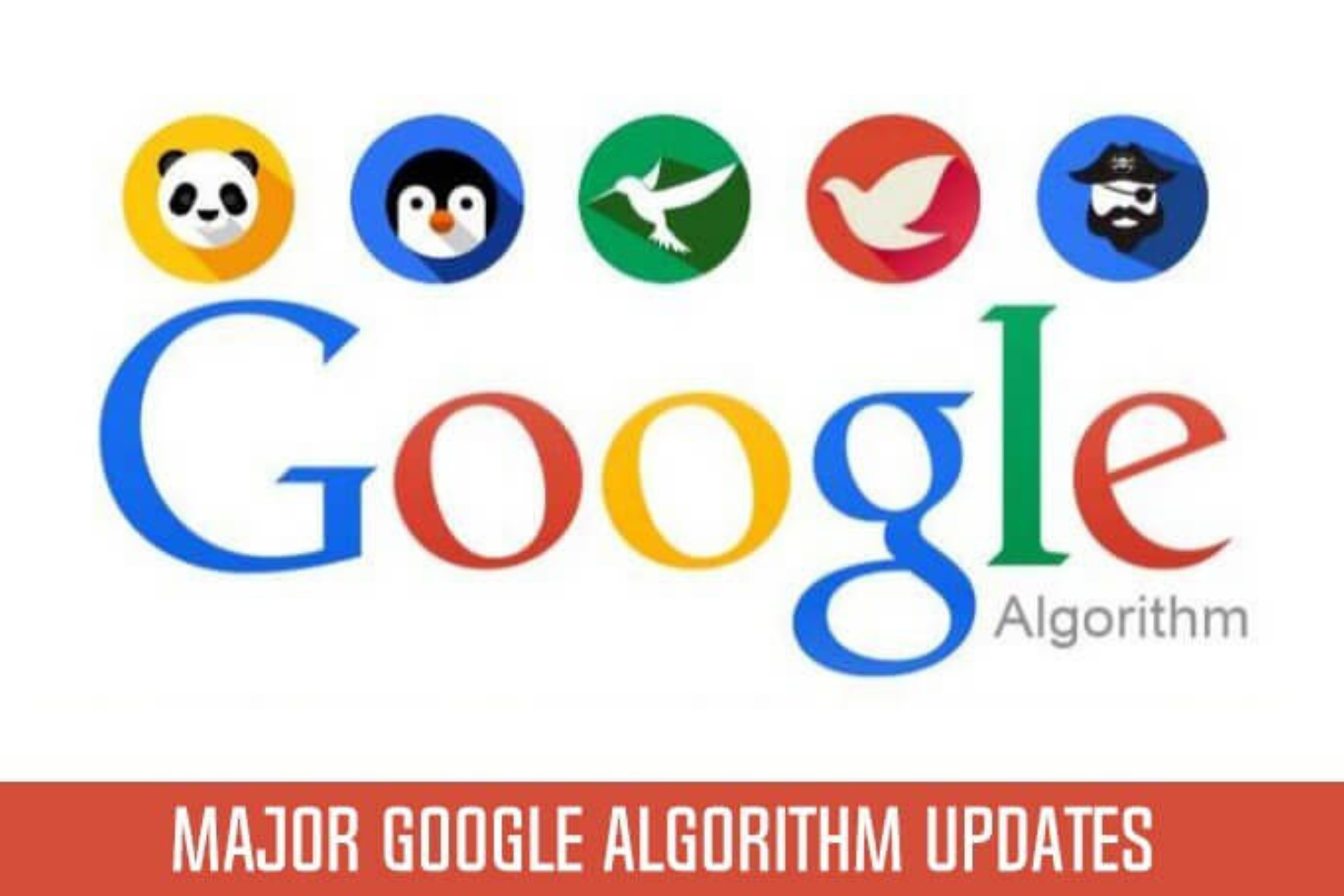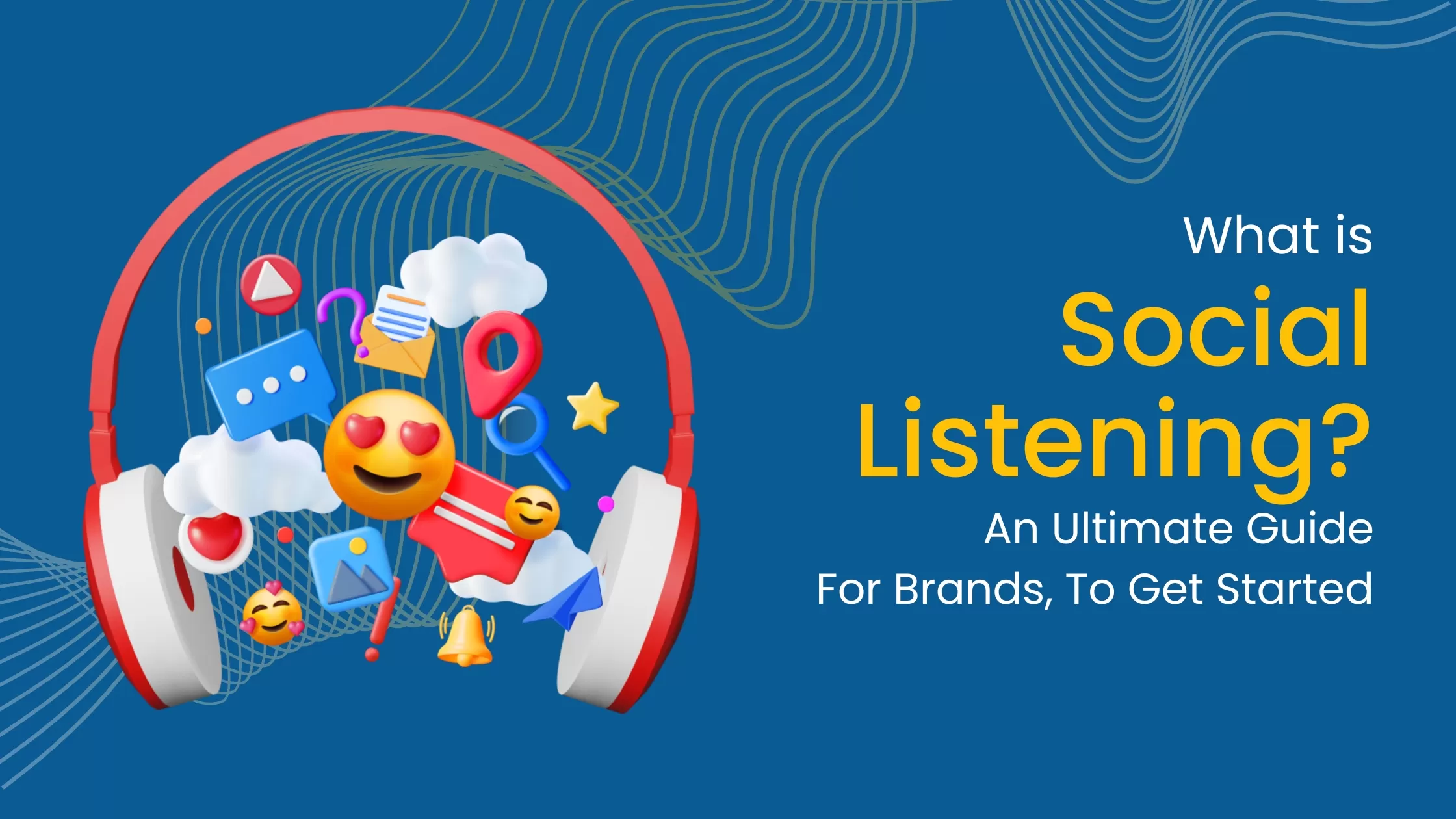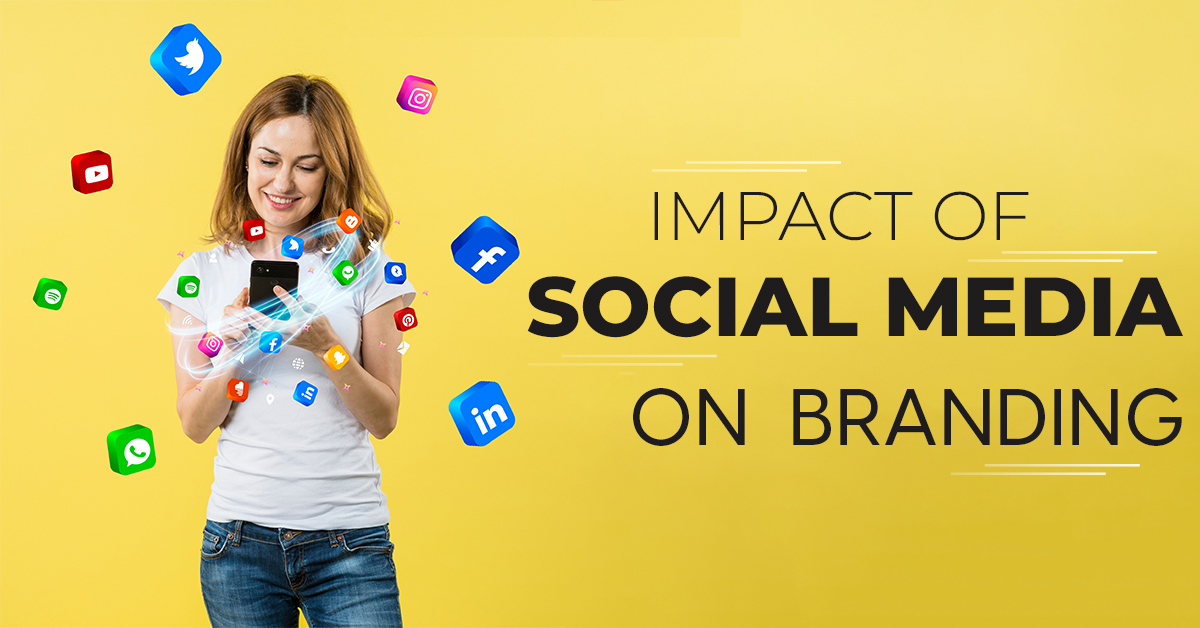In the ever-evolving landscape of digital marketing, understanding the nuances between business-to-business (B2B) and business-to-consumer (B2C) strategies is crucial for success. While both domains share common digital marketing principles, there are distinct differences in approaches and tactics. This comprehensive guide explores the key differences and effective strategies that define digital marketing for B2B and B2C companies, helping businesses navigate their unique marketing journeys.
Navigating the Digital Marketing Landscape
Defining B2B and B2C
Before delving into strategies, it's essential to define B2B and B2C marketing. B2B focuses on selling products or services to other businesses, while B2C targets individual consumers.
The Complexity Factor
B2B transactions often involve multiple decision-makers and longer sales cycles, making marketing strategies more intricate compared to the typically simpler B2C customer journey.
Audience Targeting
B2B: Niche and Specific
B2B marketing thrives on niche audiences. Strategies involve targeting industry-specific professionals and tailoring content to their precise needs.
B2C: Broader Appeal
B2C marketing caters to a wider audience. Strategies aim to engage a broad consumer base, often relying on emotional appeal and mass appeal tactics.
Content Strategies
B2B: Educational and Informative
B2B content tends to be informative and educational, focusing on solving industry-specific challenges and showcasing expertise.
B2C: Emotional Connection
B2C content emphasizes emotional connections, storytelling, and brand loyalty, often leveraging visuals and relatable narratives.
Lead Generation vs. Conversion
B2B: Lead Generation
B2B marketing prioritizes lead generation, focusing on capturing potential clients' contact information for further nurturing.
B2C: Conversion-Oriented
B2C strategies emphasize immediate conversions, encouraging consumers to make a purchase or take a specific action.
Relationship Building
B2B: Long-Term Partnerships
B2B marketing often seeks to build long-term partnerships with clients, emphasizing trust and reliability.
B2C: Transactional
B2C relationships are often transactional, with a focus on delivering immediate value and convenience to consumers.
Social Media Engagement
B2B: LinkedIn Dominance
LinkedIn is a primary platform for B2B marketing, where professionals network and seek industry-specific content.
B2C: Visual Platforms
B2C companies excel on visual platforms like Instagram and Pinterest, where eye-catching visuals and trends drive engagement.
Paid Advertising
B2B: Targeted Campaigns
B2B paid advertising concentrates on targeted campaigns, often utilizing LinkedIn and Google Ads for precision.
B2C: Broad Reach
B2C companies often invest in broader, visually appealing ad campaigns across various platforms like Facebook and Instagram.
Analytics and ROI Measurement
B2B: Complex Analytics
B2B companies employ complex analytics to track lead generation, conversion rates, and long-term ROI.
B2C: Immediate Metrics
B2C analytics focus on immediate metrics, such as click-through rates and immediate sales data.
Email Marketing
B2B: Nurturing Relationships
In B2B marketing, email campaigns are often used for relationship nurturing. Content includes industry insights, whitepapers, and webinars aimed at educating and maintaining connections with potential clients.
B2C: Promotions and Offers
B2C email marketing frequently focuses on promotions, discounts, and product updates. These emails aim to drive immediate sales and create a sense of urgency.
Search Engine Optimization (SEO)
B2B: Industry Authority
For B2B companies, SEO aims to establish industry authority. Content focuses on in-depth articles, case studies, and research papers, optimizing for industry-specific keywords.
B2C: Product Visibility
B2C SEO prioritizes product visibility. Strategies include optimizing product pages, local SEO for physical stores, and targeting consumer-focused keywords.
Content Distribution
B2B: Thought Leadership
B2B content distribution often involves publishing on industry-specific platforms, contributing to authoritative journals, and participating in webinars to position the company as a thought leader.
B2C: Viral Content
B2C companies aim for viral content distribution through platforms like YouTube, TikTok, and Instagram, leveraging trending topics and user-generated content.
Mobile Marketing
B2B: Professional Apps
B2B mobile marketing may involve developing professional apps or optimizing websites for mobile devices, as many B2B professionals use mobile for research and communication.
B2C: User-Friendly Apps
B2C mobile strategies focus on user-friendly apps for shopping, entertainment, and social engagement, ensuring a seamless mobile user experience.
Influencer Marketing
B2B: Industry Experts
B2B influencer marketing often involves collaborating with industry experts, consultants, or well-known professionals who can provide valuable insights to the target audience.
B2C: Social Media Influencers
B2C companies frequently partner with social media influencers, who promote products or services to their large follower bases, driving brand awareness and sales.
Community Building
B2B: Professional Networks
B2B businesses invest in building professional networks and online communities where industry-related discussions and collaborations can occur.
B2C: Social Communities
B2C companies foster social communities around their brand, encouraging user-generated content, reviews, and brand loyalty.
Budget Allocation
B2B: ROI Focus
B2B marketing often allocates budgets based on return on investment (ROI) analysis, ensuring that every marketing dollar generates measurable results.
B2C: Creative Campaigns
B2C marketing may allocate budgets to creative campaigns and advertisements that capture consumer attention and create brand recognition.
Crisis Management
B2B: Reputation Protection
B2B crisis management strategies focus on protecting the company's reputation within professional circles, often involving legal and PR teams.
B2C: Public Relations
B2C crisis management prioritizes public relations efforts to manage consumer sentiment and public perception during crises.
Adaptability
B2B: Industry Shifts
B2B companies monitor industry trends and adapt marketing strategies to align with evolving business needs and technologies.
B2C: Consumer Preferences
B2C marketing remains flexible to adapt quickly to changing consumer preferences and market dynamics.
Continuous Learning
B2B: Industry Expertise
B2B marketers invest in continuous learning and professional development to stay updated with industry-specific knowledge and trends.
B2C: Consumer Behavior
B2C marketers study consumer behavior and psychology to create effective campaigns that resonate with their target audience.
Conclusion
Digital marketing is a dynamic field, and understanding the distinct strategies for B2B and B2C companies is essential for success. While both domains share common principles, their unique customer journeys and goals necessitate tailored approaches. By recognizing these key differences and implementing effective strategies, businesses can thrive in the digital marketing landscape, whether they are targeting other businesses or individual consumers.
FAQs
Q: Can B2C strategies be applied to B2B marketing or vice versa?
A: While there are overlaps, successful marketing in each domain often requires tailored strategies that align with the unique customer journeys.
Q: Which social media platforms are essential for both B2B and B2C marketing?
A: LinkedIn is crucial for B2B, while B2C benefits from platforms like Facebook, Instagram, and Pinterest, among others.
Q: How can B2B companies humanize their marketing efforts?
A: B2B companies can humanize their marketing by sharing success stories, engaging with industry discussions, and showcasing their team's expertise.
Q: Are there tools that cater specifically to B2B or B2C marketing?
A: Yes, there are marketing automation tools designed for both B2B and B2C marketing, offering features tailored to each domain's needs.
Q: What is the role of influencers in B2B marketing?
A: Influencers can play a role in B2B marketing by providing industry insights, thought leadership, and expanding reach within professional networks.
Q: How can B2C companies build brand loyalty?
A: B2C companies can build brand loyalty through consistent quality, exceptional customer service, and engaging storytelling.






